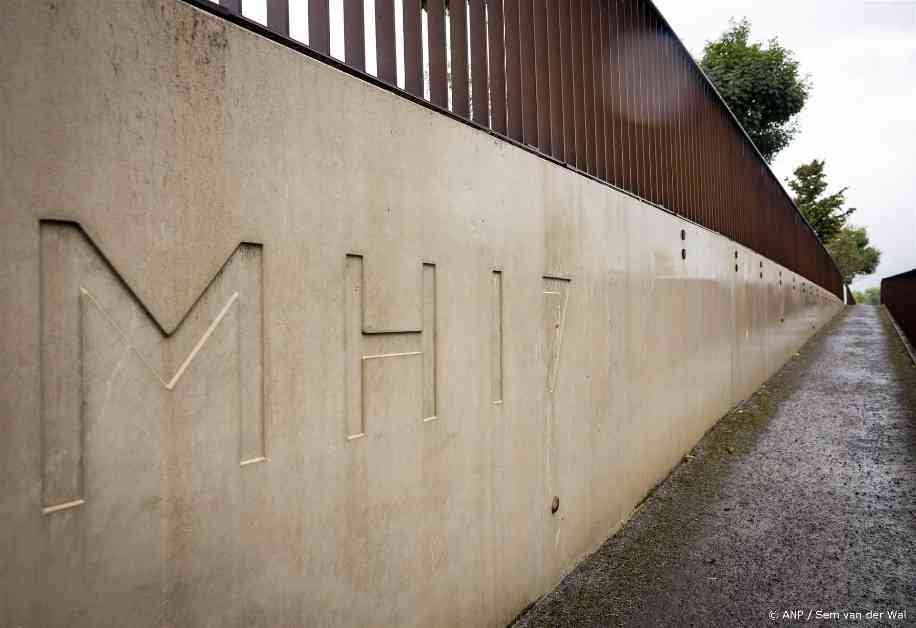Russia must take responsibility for the MH17 disaster ten years later, emphasized the European Union. The Russian authorities should fully cooperate so that justice can be served, urges the EU on the occasion of the tenth anniversary.
“The ten-year commemoration brings back very painful memories,” says foreign chief Josep Borrell on behalf of all 27 EU countries. “We renew our deepest condolences to the families and friends of the victims.” The plane crash on July 17, 2014, claimed the lives of 298 people, including nearly two hundred Dutch citizens.
The EU states that it is beyond doubt that the passenger plane, which departed from Schiphol, was shot down over Ukraine with a Buk missile from the Russian military. The EU once again emphasizes its “full support for all efforts to establish the truth and achieve justice and accountability.”
In response to the EU’s statement, Russia has denied any involvement in the MH17 tragedy, claiming that the accusations are baseless and politically motivated. The Russian government has stated that it is willing to cooperate with any investigation but maintains its innocence in the matter.
The families of the victims of MH17 have expressed their gratitude for the EU’s continued support and calls for justice. Many are still mourning the loss of their loved ones and hope that those responsible will be held accountable for their actions.
As the investigation into the MH17 disaster continues, international pressure is mounting on Russia to cooperate fully and provide all necessary information to bring those responsible to justice. The EU, along with other countries, is committed to ensuring that the truth is revealed and justice is served for the victims of this tragic event.
The tenth anniversary of the MH17 disaster serves as a reminder of the lives lost and the families forever changed by this senseless act of violence. It is a time to reflect on the importance of holding accountable those who commit such heinous acts and to strive for a world where such tragedies never happen again.

